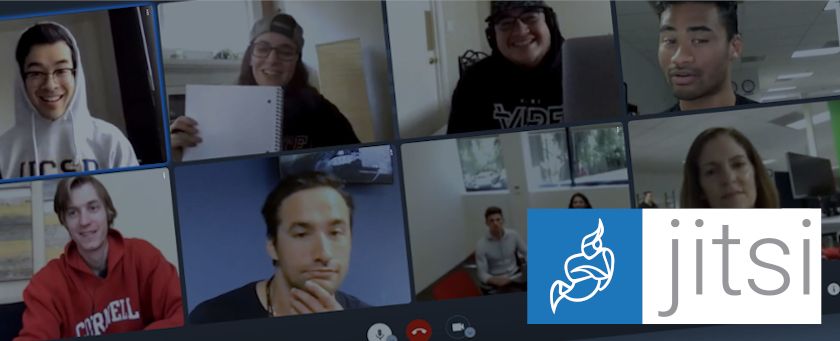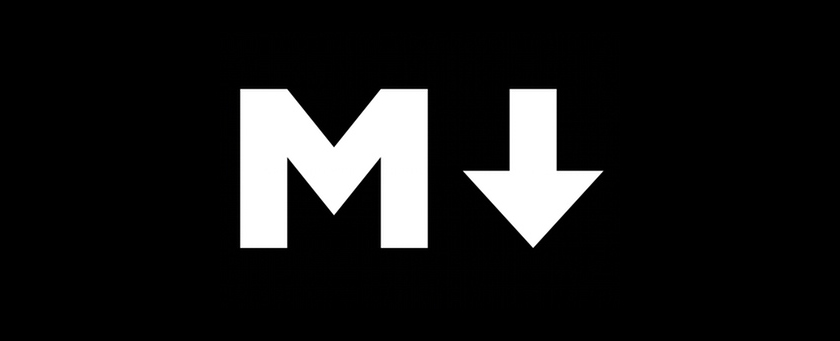
Online communication is becoming more sophisticated every day. What once began as a simple text-based electronic mail message has morphed into a whole range of different types of communication all using the world wide web. Sure, we still have text messaging, but now it’s augmented with emojis 😃 🙏 😇; we still have e-mail, but it’s now connected to all our social media accounts; and social media has opened the door to sharing photos, memes, soundbytes, videos, live streams, and more.…

It’s a digital world. Everywhere you look, we’re surrounded by screens. From billboards to checkout counters to living rooms to dashboards to pockets, the virtual world is all around us. Families spend time around the television watching their favorites movies, friends keep in touch by sending each other pictures and snaps, distant relatives stay connected through social media, and much of our news comes to us through similar means. No matter where we are, we’re only a screen…

The internet is great. It makes everything we do easier. If I want to look something up real quick, I pull up my favorite search engine and BOOM, it’s there! If I want to book a trip to the Holy Land, I just pull up my favorite travel app, and BOOM, I’m on my way. If I want to buy something cool, same thing, just hit up the right website, and I got what I need. The internet is pretty great, but it also has its drawbacks, which is the reason for this article.

This is an abridged version of Adam Pritchard’s Wiki, which may be seen here. For more complete info, see John Gruber’s original spec and the Github-flavored Markdown info page.








